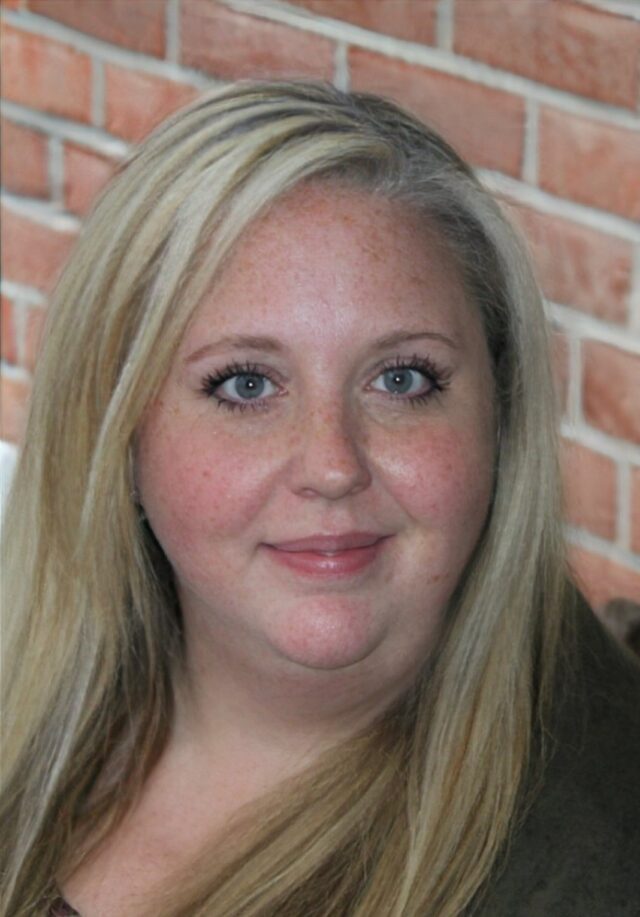
Prince George's County
9500 Medical Center Drive
Suite #250
Largo, MD 20774
Anne Arundel County
90 Ritchie Highway
Suites A & B
Pasadena, MD 21122
Charles County
2505 Davis Road
Waldorf, MD 20603
Burnett Center for Hope & Healing
P.O. Box 838
4559 Sixes Road
Prince Frederick, MD 20678

More Hospice & Palliative Care Articles
How the Hospice Honeymoon Helps Patients Leave Behind A Legacy

When people first become hospice patients, they often enter a stage where they can get better. Perhaps before they were confused or exceptionally weak. A week later, they may seem alert and experience a burst of energy. Maybe they were barely eating and want to be alone. A few days later, they’re asking for food and to see friends.
We call this the “hospice honeymoon.” It can happen because the patient no longer needs to expend energy traveling to see multiple providers. Instead, a hospice team is coming to their home. The patient and caregivers can have regular visits from a nurse, a certified nursing assistant, a social worker and a chaplain.
The hospice team also often eliminates medications where the burden now exceeds the benefit. Many of these medicines, like blood thinners and diuretics, can have unwanted side effects. Once the body begins to filter these medications out, it can be easier on the kidneys, liver, heart and digestive system. With care focused on quality of life, many people can live longer than predicted before becoming a hospice patient.
The honeymoon phase is an ideal time for the family and patient to prepare for the final days ahead. We’re not only talking about updating wills or advanced directives. We should also help the patient process their journey and life review.
In the life review phase, people really talk about their life. They revisit every moment of importance to them, from childhood to now. It’s human nature to want to leave behind a legacy and tie up loose ends. Hospice offers counseling services focused on this stage of healing. A social worker, chaplain or volunteer can guide a patient and give them the space to do what we all want to do at the end of life: Talk about our existence. Take advantage of this newfound energy to go through photo albums, review final wishes, or call a long-lost friend. If the patient is able, the hospice team can help facilitate one last trip, one last look at the ocean, one last football game.
It’s a myth that hospice means withdrawing care. Hospice means changing the nature of their care by evaluating the risk or burden vs. benefit for each intervention, medication, etc., to give them the best quality of life until the very end. The sooner a patient decides to take advantage of hospice care, the more likely they’ll be able to enjoy this honeymoon period.
Other Articles You May Find of Interest...
- How Hospice Social Workers Make Everyday Moments That Matter
- Volunteers Are Vital Members Of The Hospice Clinical Team
- Courageous Conversations Are a Gift to Those You Love
- Improving Access For Blacks To Hospice and Supportive Care
- What Our Chief Medical Officer Wants You To Know About Hospice
- Spiritual Care: What To Expect When The Hospice Chaplain Visits
- How Love Led The Modern Hospice Movement

















